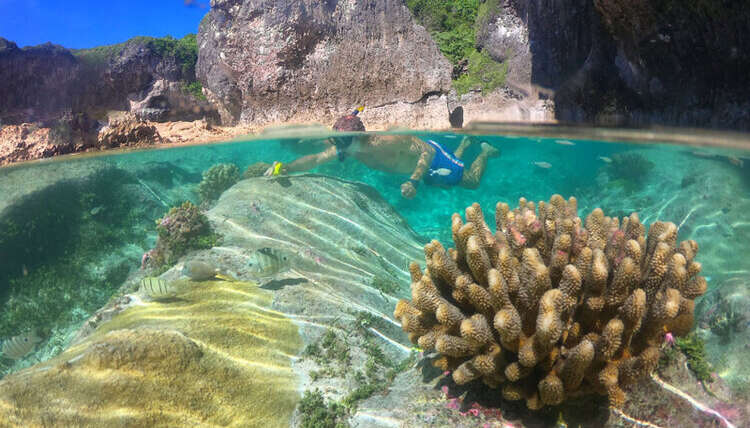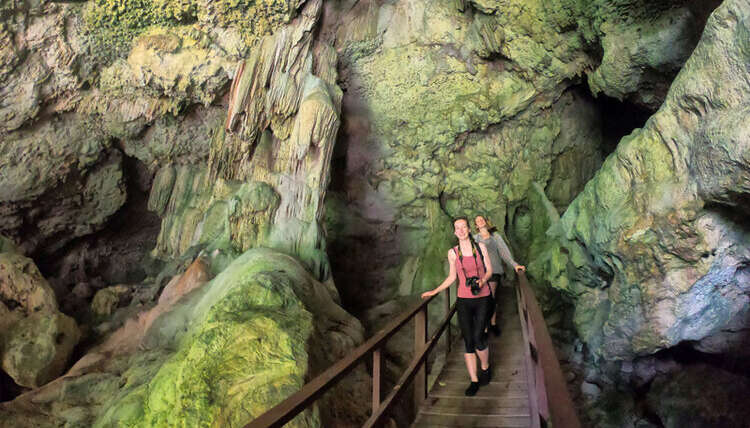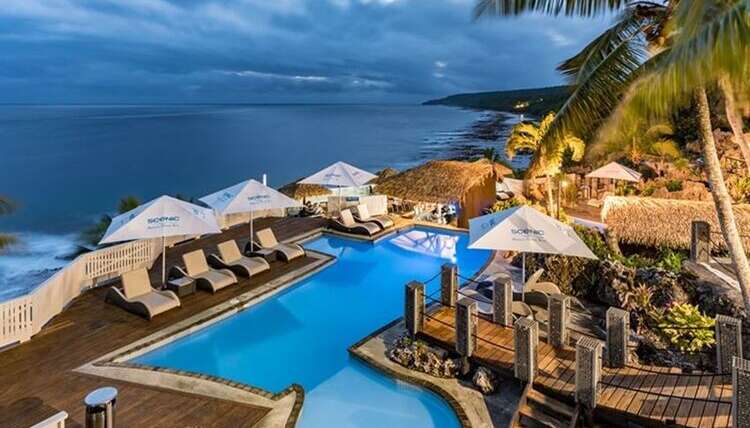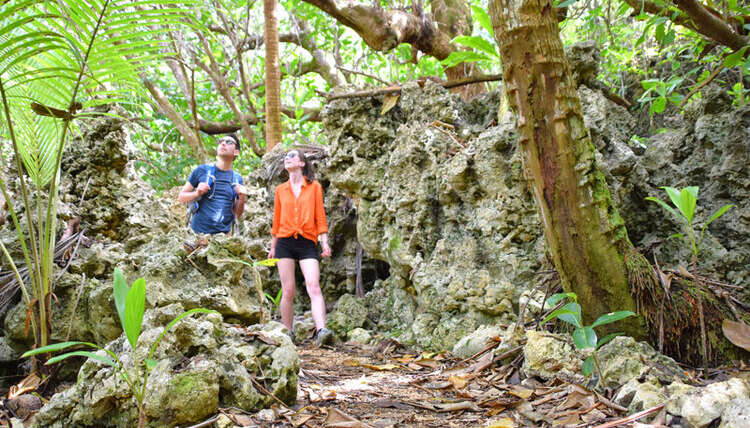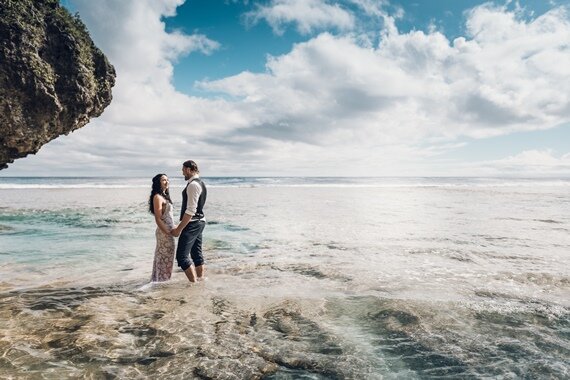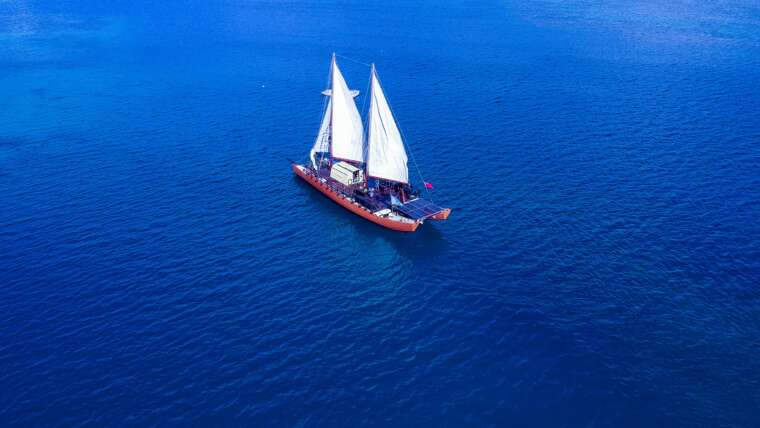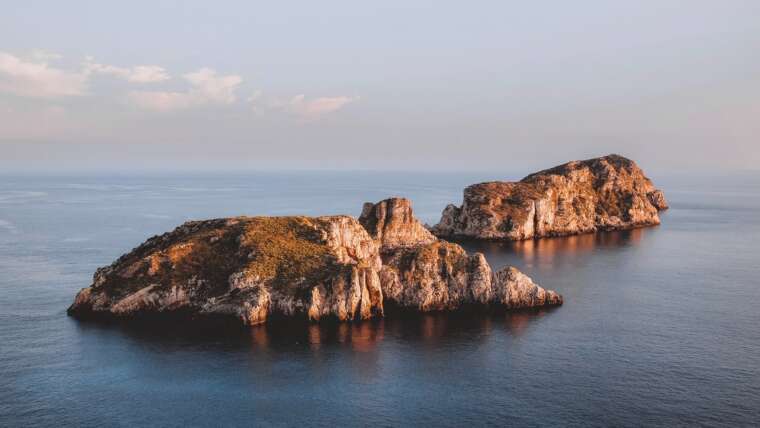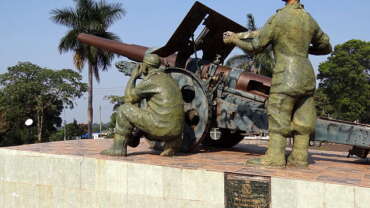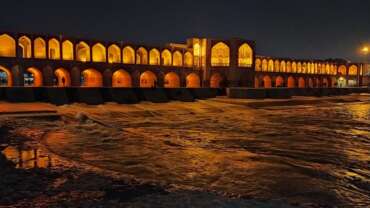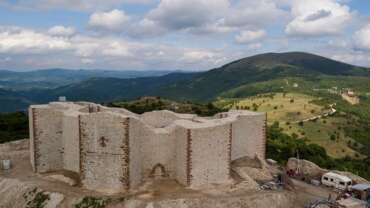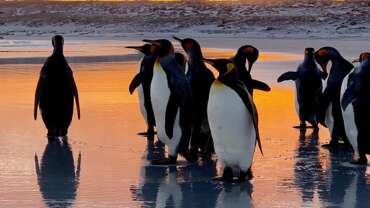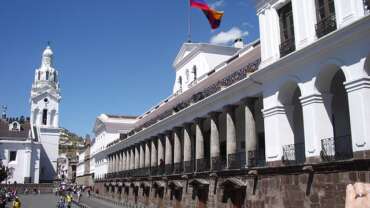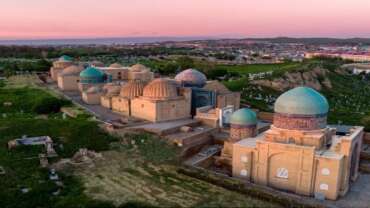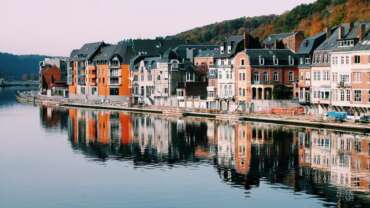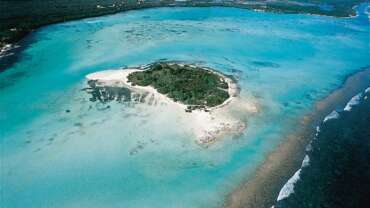Welcome to Beautiful Niue - Nowhere like us!
Niue is a Pacific Island paradise like no other, one of the smallest countries, and one of the largest raised coral atolls on earth. Niue is a place where it’s normal for complete strangers to wave at each other, all the time. It’s a place where nature hasn’t been broken… and things are ‘the way they used to be’. Come and enjoy our beautiful little island.
Niue is a large upraised coral atoll, it is a standalone island in the centre of a triangle of nations made up of Tonga, Samoa and the Cook Islands. Located 2400km north east of New Zealand, on the eastern side of the international dateline.
The island’s isolation and coral origins create an exciting coastline, there are no rivers or lakes which ensures crystal clear water year round. The whole island is dotted with a myriad of caves, sheltered rocky coves and secret beaches, some of which have yet to be explored. The Huvalu Rainforest is home to some amazing indigenous trees and has been designated as a Conservation Area to protect and conserve the islands primary rainforest and natural fauna and flora.
History of Niue
There is archaeological evidence that Niue was settled about 900 CE by Samoans. According to tradition, a second group, a war party from Tonga, arrived sometime in the 16th century. Capt. James Cook landed on Niue in 1774 and, because of hostility from the Niueans, named it Savage Island. London Missionary Society members began to arrive in the 1830s, and by the 1850s the islanders had been converted to Christianity.
In 1900 Great Britain established a protectorate over Niue. The following year the island was annexed to New Zealand as part of the Cook Islands, but in 1903 it was separated and given its own resident commissioner and island council. The first Niuean Legislative Assembly was elected in 1960, and in 1966 the resident commissioner’s authority was partly delegated to the assembly and a Niuean leader of government was installed. In 1974 the people voted for a new constitution, choosing self-government in association with New Zealand. The devastation caused by a tropical cyclone in 2004 greatly affected the economy, and over the next several years the island began to rebuild with the help of foreign aid, particularly from the New Zealand government and the European Investment Bank. Niue is a member of the Secretariat of the Pacific Community and the Pacific Islands Forum.
People of Niue
PEOPLE
Scattered throughout the 14 neat and colourful villages, Niue’s less than 1500 residents enjoy dual citizenship, as a self-governing nation in free association with New Zealand. They are bilingual, speaking both Niuean and English, and enjoy an independent lifestyle. The locals are very respectful, genuinely friendly and hospitable to visitors and have accepted tourism as an important component to their economic development and well being. They are well educated and enjoy life.
LANGUAGE
Niuean and English are widely spoken in Niue. The following Niuean words are handy to learn:
Greetings or hello: Fakaalofa lahi atu
Thank you: Fakaaue
Please: Fakamolemole
Eat: Kai
Drink: Inu
Good luck: Kia monuina
RELIGION
The church plays a large part in the community and there are many denominations catered for. Attending a mass is recommended no matter what your beliefs may be just to experience the beautiful singing.
Local Customs of Niue
Wearing swimwear in villages and the town is not acceptable in Niue. A paleu (sarong) should be worn around swimwear in public so as not to offend locals.
Sunday is a respected and quiet day in Niue. Most people attend church in the morning and again in the afternoon. Throughout the country, Sunday is considered to be a day of rest and worship and visitors are asked to be considerate of the local Sunday observances. Many people play golf, go sightseeing and swimming on Sunday, but certain activities such as boating and fishing are not allowed. If you are passing through a village on Sunday please ensure that you keep to the speed limit and your clothing and behaviour is respectful of tradition. Anyone not sure of Sunday protocols are encouraged to check at the Niue Tourism Visitor Information Centre for guidance.
Staying in Niue
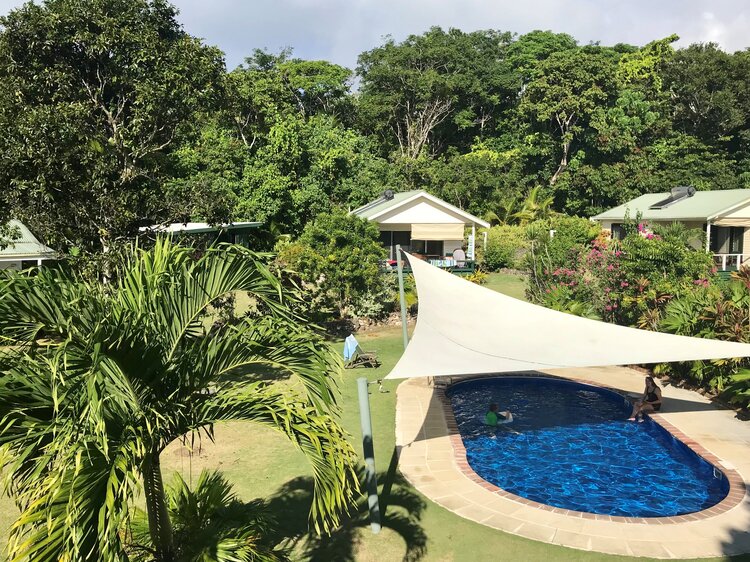
There is an excellent full-service hotel with an international resort style setting; many self-catering fale or cottage style units; guest-houses, motels and backpacker options. All service expectations are covered. Some accommodation providers have pools, many have air conditioning, most have views, and all are clean and charming.
Although there is a variety of accommodation options available to suit your needs here on Niue they do tend to book out fast. Visitors to Niue need to pre-book their accommodation for the duration of their stay prior to arrival. This information will be needed to complete entry requirements upon landing.
Please note: Camping and couch surfing are not permitted in Niue.




